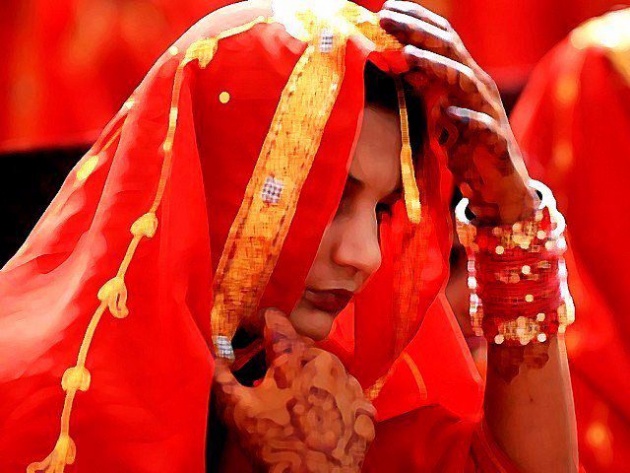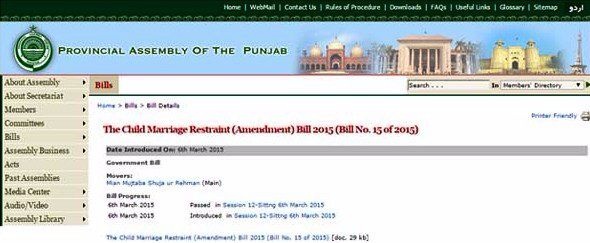In the Indo-Pak subcontinent, during 1929, the Child Marriages Restraint Act was introduced. The law was drafted by the legendary lawyer, Quaid-e-Azam Muhammad Ali Jinnah. What’s interesting to note here is that both great leaders of that time, Mr Jinnah and Mahatama Gandhi, got married when they were children themselves and later on both these leaders opposed the tradition of child marriages.
In 2014, the Sindh Assembly promulgated the Sindh Child Marriages Restraint Act 2013, against child marriages in the province. Although, the law intends to protect the rights of children according to the commitment Pakistan has made by ratification of United Nation’s Convention on the Rights of Children, I think there is a need of a more comprehensive law as this act remains silent about the rehabilitation and recovery mechanisms for those who have already fallen prey to this epidemic.
The fact that our policy-makers thought about this issue and passed this bill should be appreciated, yes, but I am just surprised that, either intentionally or unintentionally, they have removed the word ‘child’ from the title of this bill. It now reads as the Punjab Marriage Restraint Act 2015. How would the law be significant is such an important component of the bill is not highlighted?
This step is beyond my understanding.

This new law in Punjab does not make the offence non-bailable, and the complain process through the union council is still the same ( lengthy and inept.) This law is unable to effectively serve its purpose and put an end to child marriages, due to the legal complications it poses. These complications often make it hard for the victim to file their complaints or for the police to work efficiently.
The Punjab legislature could have taken a leaf out of Sindh’s Child Marriages Restraint Act 2013; this law makes the offences non-bailable and Comparatively, the bill clearly defines punishment to the culprits for three years (maximum) and two years (minimum) while giving discretionary powers to the judges regarding the fine charged. Whereas in Punjab, the punishment “may extend” to imprisonment for a period of maximum six months and a fine of maximum Rs50,000 only, while the minimum limit is the judge’s discretion.




